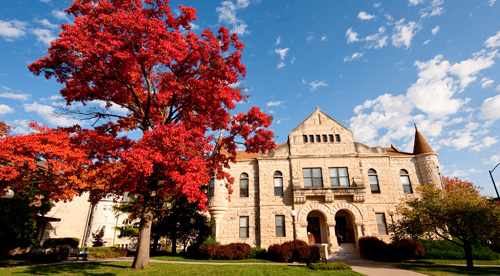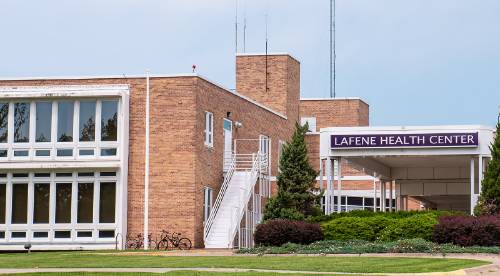
COVID-19
K-State encourages our community to monitor your health and be proactive. Consult your medical provider and get vaccinated to help protect against COVID-19 and other respiratory viruses.

Read the latest CDC updates and guidance about COVID-19.

Learn more immunization and vaccinations offered by Lafene Health Center.